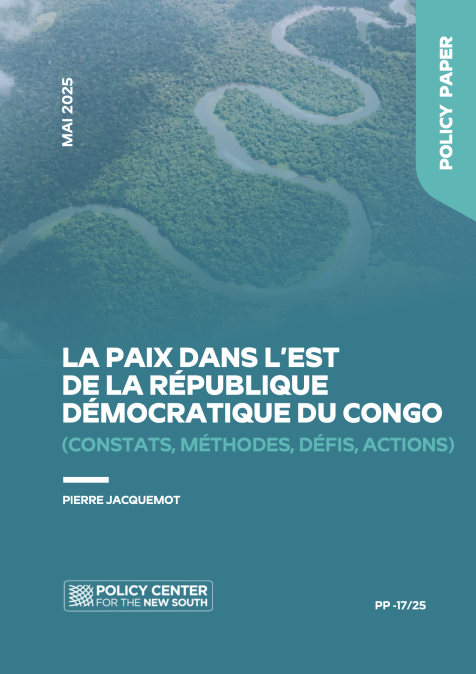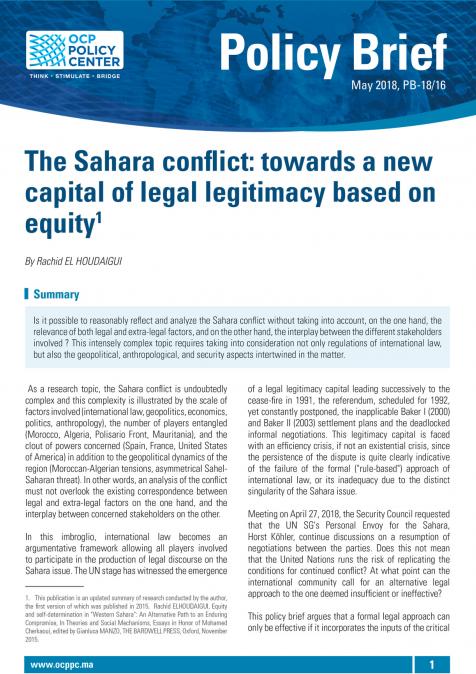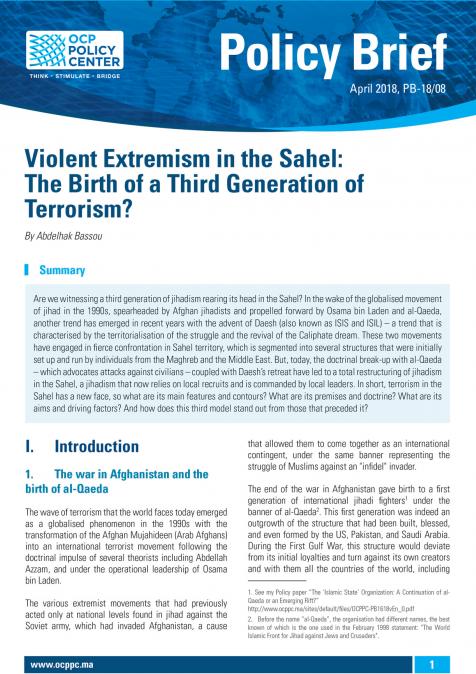Publications /
Policy Paper
L’espoir d’une paix durable dans la région des Grands Lacs de l’Afrique centrale est-il enfin permis ? Depuis le début des années 1990, les conflits armés dans les deux provinces du Kivu et l’Ituri à l’est de la République démocratique du Congo (RDC) se cristallisent dans des formes d’une rare violence. Pour sortir de cette crise récurrente, un accord de non-agression entre la RD Congo et son voisin, le Rwanda, accusé d’interférence, constitue un préalable. Mais il n’est pas une fin en soi. Étant donné la profondeur de la crise, il faut certes réformer les institutions pour soutenir la paix, mais aussi répondre à des facteurs structurels qui sont à l’origine de la conflictualité ambiante. La recherche de solutions pour une paix durable suppose d’adopter une approche systémique capable d’appréhender les facteurs des conflits dans leur pluralité et leurs interconnexions. Ce Policy Paper esquisse un scénario de sortie de crise qui inclut un effort résolu visant à établir le monopole de l’usage de la force par les acteurs étatiques et à engager un dialogue avec l’ensemble des pays concernés de la région des Grands Lacs.





